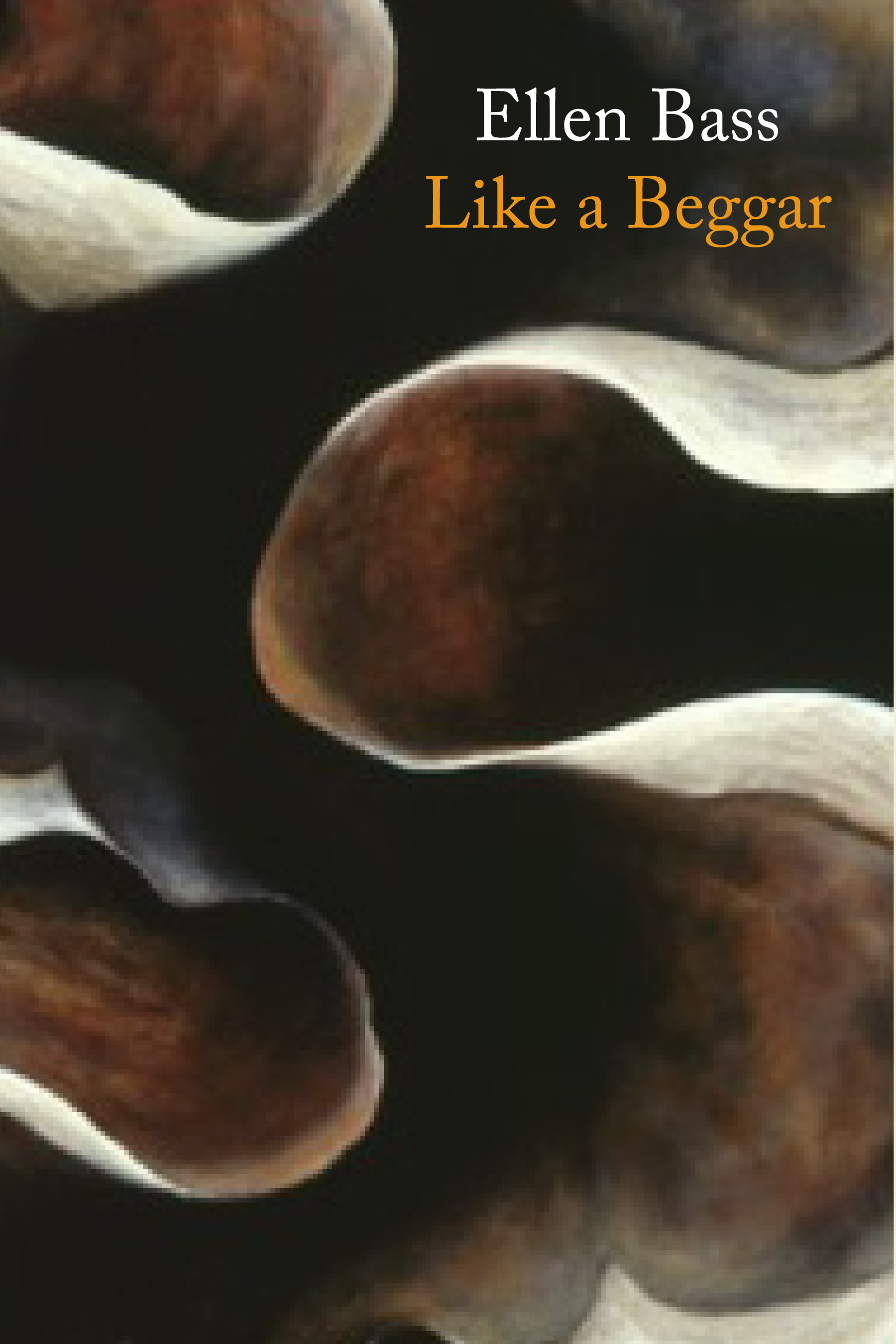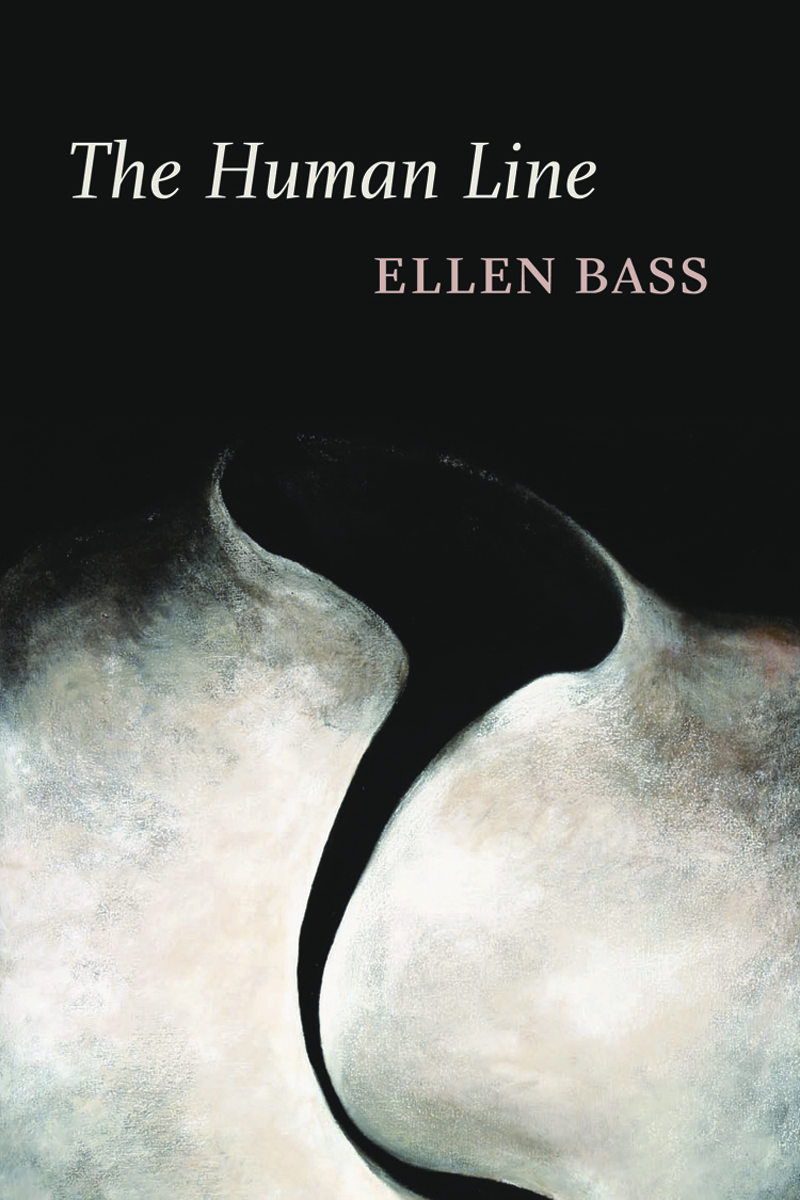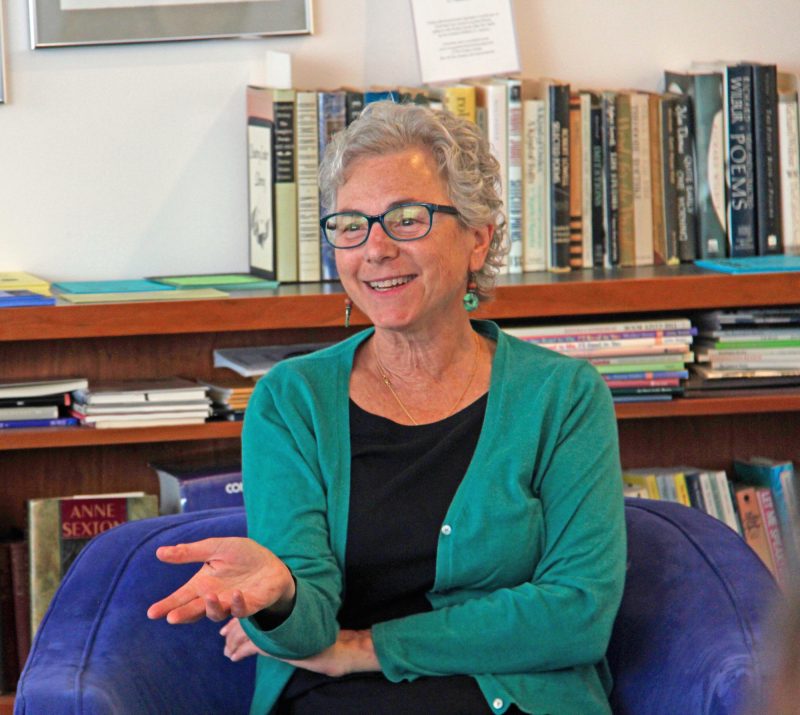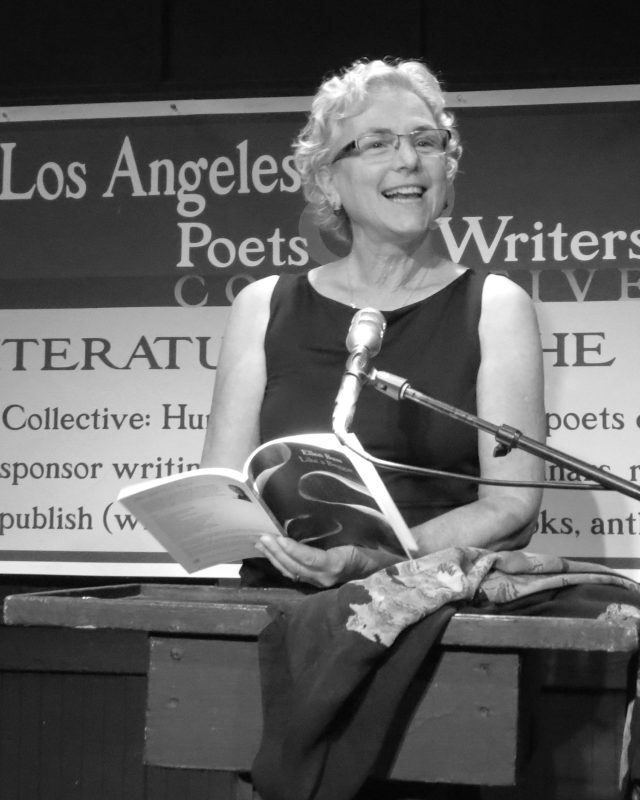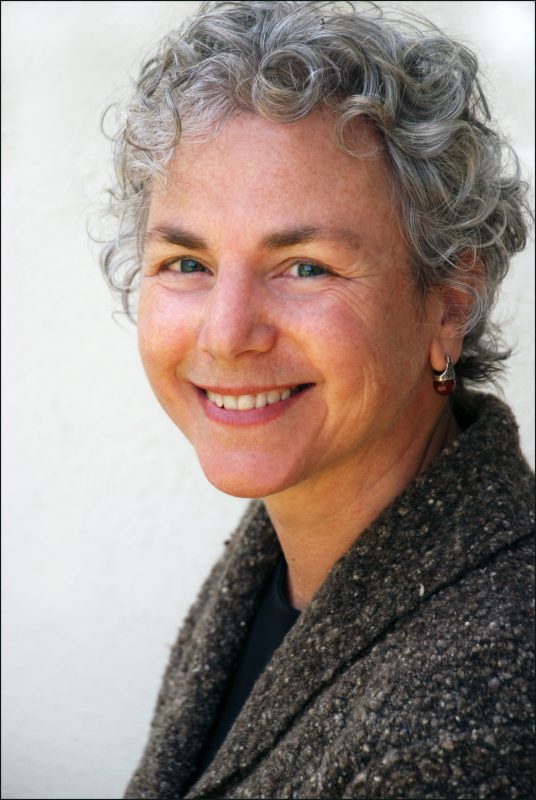
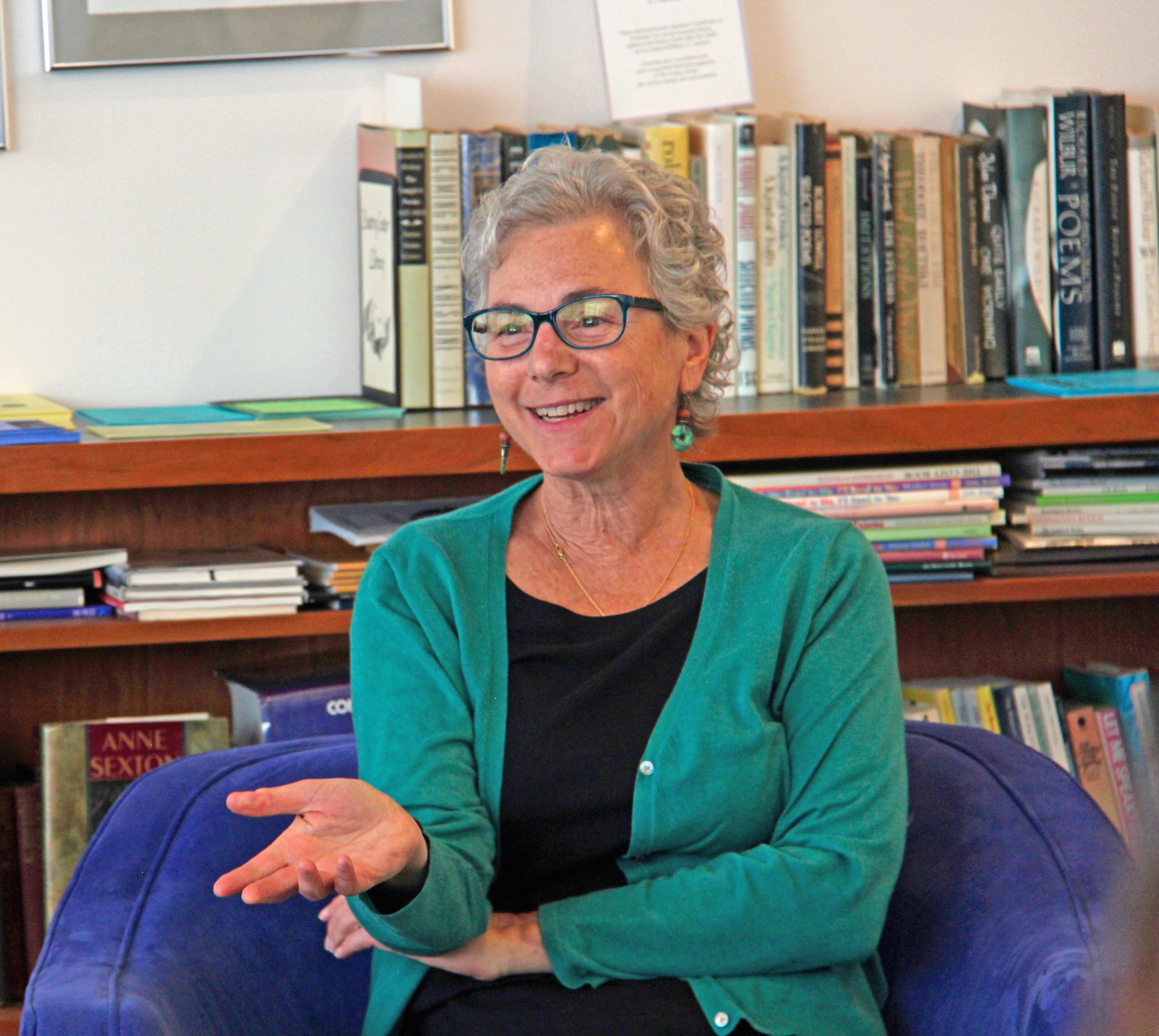
Ellen Bass
Award-winning Poet & Educator
Bestselling Nonfiction Author
Lambda Literary Award
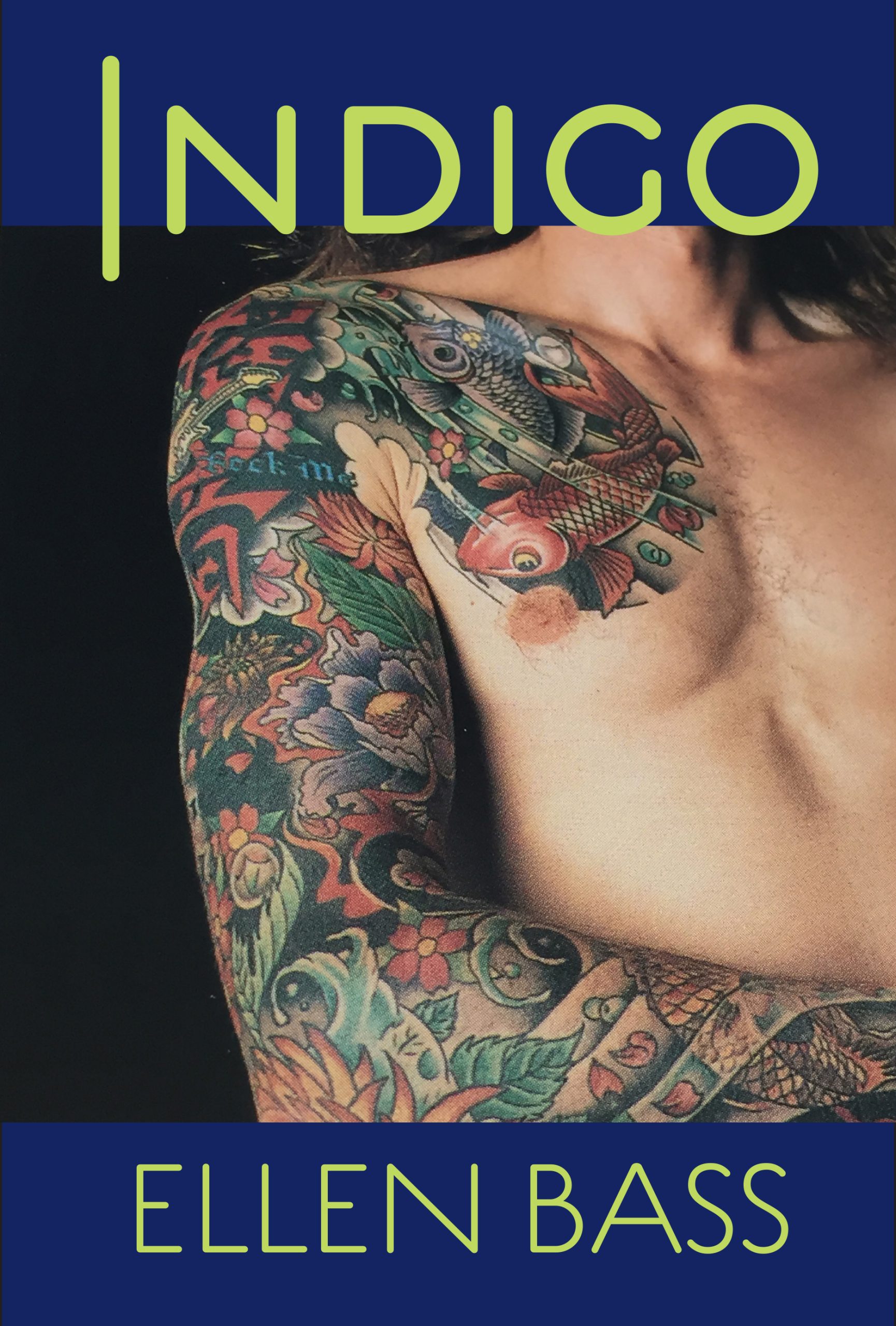
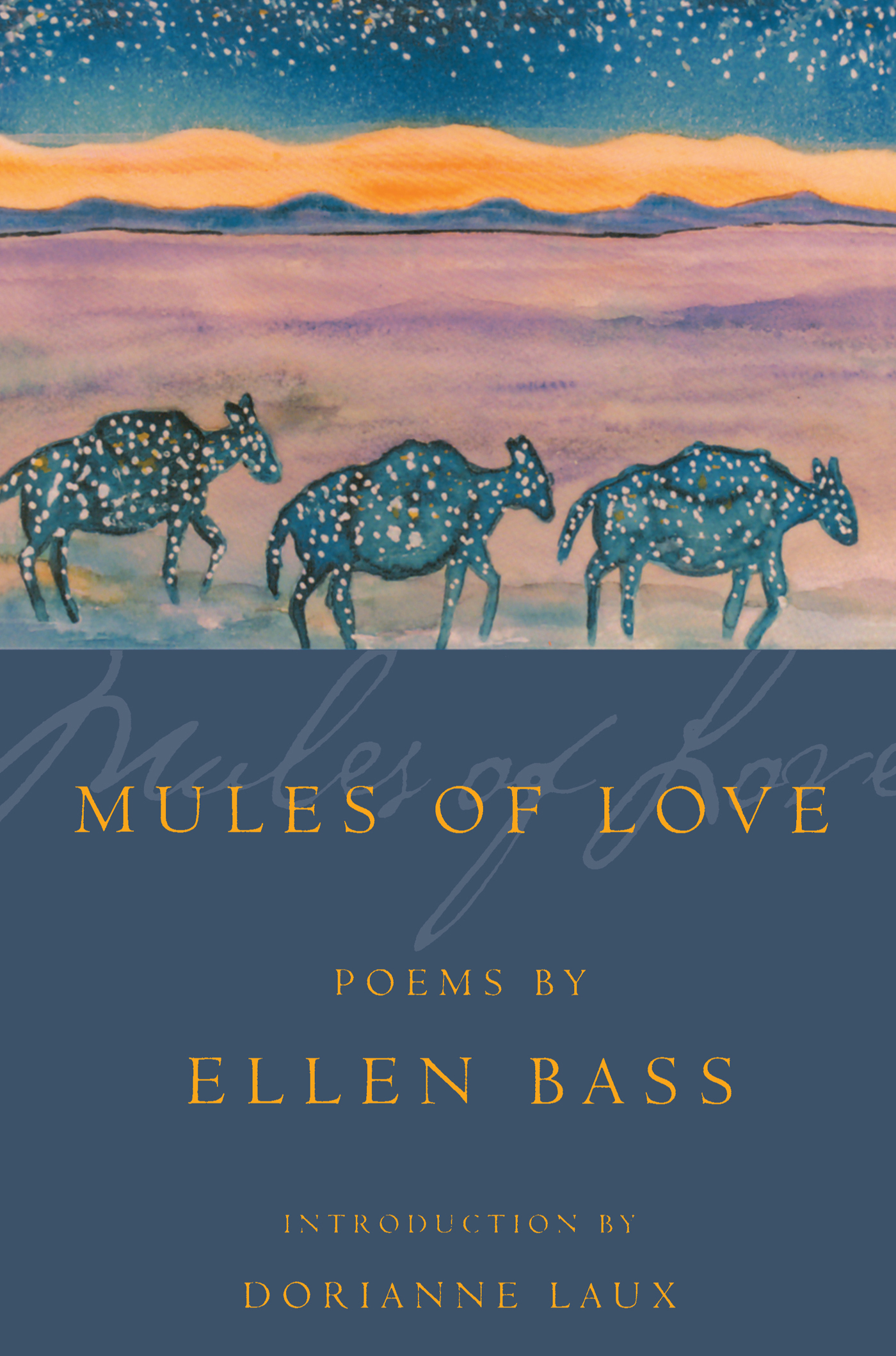
Readings &
Lecture Topics
- The Art of Metaphor: What IS it Like?
- Controlled Chaos: The Long-Armed Poem
- Poetry As Prayer: Awakening to the Moment
- Workshop: 13 Ways to Make a Poem from Your Life
- Transformation: Poetry as a Path to Change
- An Evening with Ellen Bass
Biography
“Ellen Bass is a poet who writes out of an exuberant love of life and of language. She is no stranger to either pain or joy, and is unafraid of either.” —Alicia Ostriker
“Good poets help us to see the world in a new way; great ones open the mind to new ways of conceiving that world and our connections to it. Ellen Bass does this for me.” —Toi Derricotte
“Bass’s deftness as a poet is breathtaking.” —The Rumpus
Bestselling writer, poet, and educator Ellen Bass is the author of ten poetry collections and three nonfiction books. Her poetry collections include Indigo (Copper Canyon Press, 2020), which was a finalist for the The Paterson Poetry Prize, The Publishers Triangle Award, and The Northern California Book Award; Like a Beggar (Copper Canyon Press, 2014), which was a finalist for The Paterson Poetry Prize, The Publishers Triangle Award, The Milt Kessler Poetry Award, The Lambda Literary Award, and the Northern California Book Award; The Human Line (Copper Canyon Press, 2007), which was named a Notable Book by the San Francisco Chronicle; and Mules of Love (BOA Editions, 2002), which won The Lambda Literary Award. In 1973, Bass co-edited with Florence Howe the first major anthology of women’s poetry, No More Masks!.
The New York Times describes Like a Beggar as a collection that “pulses with sex, humor and compassion.” And poet Marie Howe’s praise elaborates further: “Ellen Bass has written these poems in service and celebration of Eros, the life force that can wake us, the weary citizens of this all too broken world. The poems know what they contend with; they don’t flinch. Then they sing their joy.”
Bass’s works of nonfiction include the bestselling The Courage to Heal: A Guide for Women Survivors of Child Sexual Abuse, co-authored with Laura Davis (HarperCollins 1988, 20th anniversary edition 2008). The book has sold over a million copies and been translated into twelve languages. As a pioneer in the field of healing from child sexual abuse, Bass has given countless keynotes at conferences and other gatherings in support of survivors and to help educate professionals. Her other nonfiction titles include Beginning to Heal: A First Book for Men and Women Who Were Sexually Abused as Children (2003, revised edition 2008) and Free Your Mind: The Book for Gay, Lesbian, and Bisexual Youth—and Their Allies (HarperCollins, 1996), which she wrote with Kate Kaufman.
A beloved teacher, Bass leads poetry writing workshops across the country. In her poetry writing and teaching, Bass’s style is direct; she says, “I work to speak in a voice that is meaningful communication. Poetry is the most intimate of all writing. When I write, first I am talking to myself. I’m grappling with something, trying to understand or discover something, trying to find a way to hold my experience within the human experience. And then I hope that I’m talking to the reader, meeting them across time and distance in a way that matters in their life.” A recent student, Pamela Davis, author of Lunette (which won the ABZ Prize for Poetry), praised Bass’s teaching: “The greatest strides I’ve made in my creative journey have been the direct result of studying with Ellen. She brings every aspect of craft to the table and has an astute understanding of what makes a poem work, with attention to word, line, tone, and shape. She listens with mind and heart, and responds with precision. Ellen takes the work seriously, but keeps the mood fun and light. If you’re just beginning, blocked, or an advanced poet seeking to stretch in new directions, I recommend you get to know Ellen Bass.”
The New Yorker has published thirteen of Bass’s poems throughout the years, and three have been chosen for The New Yorker podcast. Her poems have frequently appeared in numerous other journals including The American Poetry Review, The New York Times Magazine, The Atlantic, The New Republic, The Kenyon Review, Ploughshares, and The Sun, as well as being widely anthologized. She has received Fellowships from the National Endowment for the Arts and the California Arts Council. She received the Elliston Book Award for Poetry from the University of Cincinnati, Nimrod/Hardman’s Pablo Neruda Prize, The Missouri Review’s Larry Levis Award, the Greensboro Poetry Prize, the New Letters Poetry Prize, the Chautauqua Poetry Prize, and four Pushcart Prizes. In 2021, Bass was awarded a Guggenheim Fellowship in Poetry.
Bass earned an MA in creative writing from Boston University, where she studied with Anne Sexton. She founded poetry workshops at Salinas Valley State Prison and the Santa Cruz, CA jails. She currently teaches in the low residency MFA writing program at Pacific University. She is a Chancellor Emerita of the Academy of American Poets.
Bass grew up in New Jersey and lives in Santa Cruz, California.
Short Bio
Poet and educator Ellen Bass is a Chancellor Emerita of the Academy of American Poets. Her most recent book of poetry, Indigo, was published by Copper Canyon Press in 2020. Previous books include Like a Beggar, The Human Line, and Mules of Love. Bass was co-editor with Florence Howe of the first major anthology of women’s poetry, No More Masks!, and has also written works of nonfiction, including, with Laura Davis, The Courage to Heal: A Guide for Women Survivors of Child Sexual Abuse, which has sold over a million copies and has been translated into twelve languages. Among her awards are Fellowships from the Guggenheim Foundation, the National Endowment for the Arts, four Pushcart Prizes and the Lambda Literary Award. She teaches in the MFA program at Pacific University and lives in Santa Cruz, California.
Visit Author WebsiteVideos
Publications
Indigo
Poetry, 2020
“These poems, embossed with Bass’ covetable signature, play like snippets of cinema from merely every woman’s life story–moments awed by and blissfully tangled with a lover, contemplating the unrelenting hurtle of time, aging with an awkward but fiercely determined grace. Indigo is our soundtrack, finally–and its addictive and merciless music is not an option.” –Patricia Smith
Indigo, the newest collection by Ellen Bass, merges elegy and praise poem in an exploration of life’s complexities. Whether her subject is oysters, high heels, a pork chop, a beloved dog, or a wife’s return to health, Bass pulls us in with exquisite immediacy. Her lush and precisely observed descriptions allow us to feel the sheer primal pleasure of being alive in our own “succulent skin,” the pleasure of the gifts of hunger, desire, touch. In this book, joy meets regret, devotion meets dependence, and most importantly, the poet so in love with life and living begins to look for the point where the price of aging overwhelms the rewards of staying alive. Bass is relentless in her advocacy for the little pleasures all around her. Her gaze is both expansive and hyper-focused, celebrating (and eulogizing) each gift as it is given and taken, while also taking stock of the larger arc. She draws the lines between generations, both remembering her parents’ lives and deaths and watching her own children grow into the space that she will leave behind. Indigo shows us the beauty of this cycle, while also documenting the deeply human urge to resist change and hang on to the life we have, even as it attempts to slip away.
Like a Beggar
Poetry, 2014
“Bass’s deftness as a poet is breathtaking…by which I mean: I am left breathless reading these poems and witnessing her control of the line. Like a Beggar, sings with the clarity of a single voice alone in a large concert hall and with the gravitas of a full chorus in the finale of a sold out opera. These poems are large in their ambitions and precise in their observations.”—The Rumpus
Paterson Poetry Prize Finalist in 2015, Like a Beggar is the work of a mature poet grappling with the most essential question—how do we go on? In the face of sorrow and suffering, with the ever-present awareness of our mortality and the increasing threat of environmental devastation, how do we find the courage to fully inhabit the moments of our lives? Mixing revelation and humor, despair and awe, whimsy and intelligence, Bass holds a mirror of unflinching compassion in which we see our flawed and exquisitely beautiful selves.
The Human Line
Poetry, 2007
“Ellen Bass is a poet who writes out of an exuberant love of life and of language. She is no stranger to either pain or joy, and is unafraid of either. The poems in The Human Line tracking her mother’s dying tear my heart out, the love poems suture it with sensuality and tenderness, the ‘big picture’ poems that recognize our place in nature and the cosmic order (or disorder) make my heart expand, and the comedy tickles it.” —Alicia Ostriker
The Human Line, Bass’ seventh book of poems, startles with its precise detail, intimate images, and wild metaphors. Bass brings attention to life’s endearing absurdities, and many of the poems flash with a keen sense of humor. She also faces many of the crucial moral dilemmas of our time–genetic engineering, environmental issues, continuous war, heterosexism–and grounds her vision in the small, private workings of the heart.
Mules of Love
Poetry, 2002
Balancing heart-intelligent intimacy and surprising humor, the poems in Ellen Bass’s Mules of Love illuminate the essential dynamics of our lives: family, community, sexual love, joy, loss, religion and death. The poems also explore the darker aspects of humanity–personal, cultural, historical and environmental violence–all of which are handled with compassion and grace. Bass’s poetic gift is her ability to commiserate with others afflicted by similar hungers and grief. Her poem “Insomnia” concludes: “may something/ comfort you–a mockingbird, a breeze, rain/ on the roof, Chopin’s Nocturnes, the thought/ of your child’s birth, a kiss, / or even me–in my chilly kitchen/ with my coat on–thinking of you.”
The Courage to Heal: A Guide for Women Survivors of Child Sexual Abuse - 20th Anniversary Edition
1998; 2008
Co-authored with Laura Davis
The Courage to Heal is an inspiring, comprehensive guide that offers hope and encouragement to every woman who was sexually abused as a child – and those who care about her. Although the effects of child sexual abuse are long-term and severe, healing is possible. The authors weave personal experience with professional knowledge to show the reader how she can come to terms with her past while moving powerfully into the future. They provide clear explanations, practical suggestions, a map of the healing journey, and many moving first-person examples of the recovery process drawn from their interviews with hundreds of survivors.
Free Your Mind: The Book for Gay, Lesbian, and Bisexual Youth - And Their Allies
1996
Co-authored with Kate Kaufman
Free Your Mind speaks to the basic aspects of the lives of gay, lesbian, and bisexual youth: self-discovery, friends and lovers, family, school, spirituality, and community. Alive with the voices of more than fifty young people, rich in accurate information and positive practical advice, Free Your Mind talks about how to come out, deal with problems, make healthy choices about relationships and sex, connect with other gay youth and supportive adults, and take pride and participate in the gay and lesbian community. Free Your Mind also presents detailed guidance for adults who want to make the world safer for lesbian, gay, and bisexual youth.
I Never Told Anyone: Writings By Women Survivors of Child Sexual Abuse
1991
Co-edited with Louise Thornton, Jude Brister, Grace Hammond, Jean Huntley, and Vicki Lamb.
In this book, 34 women tell how they were molested by fathers, uncles, neighbors, and strangers and how they survived. A reissue of the now-classic anthology of deeply moving testimonies by survivors of child sexual abuse — with a new afterword by Ellen Bass.
No More Masks!: An Anthology of Poems by Women
Poetry Anthology, 1973
Co-edited with Florence Howe
First published in 1973, the poems in No More Masks! span 75 years and trace women’s poetry and women’s lives in twentieth century America, and represent a pioneering anthology of 20th-century American poetry by 87 women. The epigraph to the book is from the great poet Muriel Rukeyser: “No more masks! No more mythologies! And the fragments will join in us with their own music.” A revised and updated edition, edited by Florence Howe, was published in 1993.
Articles & Audio
Read What’s In Print
• Weekly Poem: Ellen Bass wants you to eat that strawberry — PBS News Hour Poetry Series
• The Artistic Reckoning of Poet Ellen Bass – GoodTimes
• No More Masks!: Advice From a Master Poet — Psychology Today
• Praise Poems: Ellen Bass Talks About Like A Beggar — NY Times
• In Plain Sight: The Vanishing of Ellen Bass — The Rumpus
• Conversation Between Ellen Bass and Alan Fox — Rattle
Listen to Audio
• Kevin Young discusses Ellen Bass’ poem “Because” – The New Yorker
• Paul Muldoon and Ellen Bass discuss a poem by Adam Zagajewski – The New Yorker
• Philip Levine discusses a poem by Ellen Bass with Paul Muldoon — The New Yorker
• Nicole Sealey discusses Ellen Bass’s poem, “Indigo,” with Kevin Young — The New Yorker
• Listen to Ellen read her poem, “Indigo” — The New Yorker
• Listen to Ellen read her poem, “Failure” — The New Yorker
• Listen to Ellen read her poem, “After Long Illness” — The New Yorker
• Podcast Interview with Carrie Fountain — KUT’s This Is Just to Say
Selected Writings
• Read “Because” — The New Yorker
RELAX
Bad things are going to happen.
Your tomatoes will grow a fungus
and your cat will get run over.
Someone will leave the bag with the ice cream
melting in the car and throw
your blue cashmere sweater in the drier.
Your husband will sleep
with a girl your daughter’s age, her breasts spilling
out of her blouse. Or your wife
will remember she’s a lesbian
and leave you for the woman next door. The other cat—
the one you never really liked—will contract a disease
that requires you to pry open its feverish mouth
every four hours. Your parents will die.
No matter how many vitamins you take,
how much Pilates, you’ll lose your keys,
your hair and your memory. If your daughter
doesn’t plug her heart
into every live socket she passes,
you’ll come home to find your son has emptied
the refrigerator, dragged it to the curb,
and called the used appliance store for a pick up—drug money.
There’s a Buddhist story of a woman chased by a tiger.
When she comes to a cliff, she sees a sturdy vine
and climbs half way down. But there’s also a tiger below.
And two mice—one white, one black—scurry out
and begin to gnaw at the vine. At this point
she notices a wild strawberry growing from a crevice.
She looks up, down, at the mice.
Then she eats the strawberry.
So here’s the view, the breeze, the pulse
in your throat. Your wallet will be stolen, you’ll get fat,
slip on the bathroom tiles of a foreign hotel
and crack your hip. You’ll be lonely.
Oh taste how sweet and tart
the red juice is, how the tiny seeds
crunch between your teeth.
ANY COMMON DESOLATION
can be enough to make you look up
at the yellowed leaves of the apple tree, the few
that survived the rains and frost, shot
with late afternoon sun. They glow a deep
orange-gold against a blue so sheer, a single bird
would rip it like silk. You may have to break
your heart, but it isn’t nothing
to know even one moment alive. The sound
of an oar in an oarlock or a ruminant
animal tearing grass. The smell of grated ginger.
The ruby neon of the liquor store sign.
Warm socks. You remember your mother,
her precision a ceremony, as she gathered
the white cotton, slipped it over your toes,
drew up the heel, turned the cuff. A breath
can uncoil as you walk across your own muddy yard,
the big dipper pouring night down over you, and everything
you dread, all you can’t bear, dissolves
and, like a needle slipped into your vein—
that sudden rush of the world.
INDIGO
As I’m walking on West Cliff Drive, a man runs
toward me pushing one of those jogging strollers
with shock absorbers so the baby can keep sleeping,
which this baby is. I can just get a glimpse
of its almost translucent eyelids. The father is young,
a jungle of indigo and carnelian tattooed
from knuckle to jaw, leafy vines and blossoms,
saints and symbols. Thick wooden plugs pierce
his lobes and his sunglasses testify
to the radiance haloed around him. I’m so jealous.
As I often am. It’s a kind of obsession.
I want him to have been my child’s father.
I want to have married a man who wanted
to be in a body, who wanted to live in it so much
that he marked it up like a book, underlining,
highlighting, writing in the margins, I was here.
Not like my dead ex-husband, who was always
fighting against the flesh, who sat for hours
on his zafu chanting om and then went out
and broke his hand punching the car.
I imagine when this galloping man gets home
he’s going to want to have sex with his wife,
who slept in late, and then he’ll eat
barbecued ribs and let the baby teethe on a bone
while he drinks a dark beer. I can’t stop
wishing my daughter had had a father like that.
I can’t stop wishing I’d had that life. Oh, I know
it’s a miracle to have a life. Any life at all.
It took eight years for my parents to conceive me.
First there was the war and then just waiting.
And my mother’s bones so narrow, she had to be slit
and I airlifted. That anyone is born,
each precarious success from sperm and egg
to zygote, embryo, infant, is a wonder.
And here I am, alive.
Almost seventy years and nothing has killed me.
Not the car I totaled running a stop sign
or the spirochete that screwed into my blood.
Not the tree that fell in the forest exactly
where I was standing—my best friend shoving me
backward so I fell on my ass as it crashed.
I’m alive.
And I gave birth to a child.
So she didn’t get a father who’d sling her
onto his shoulder. And so much else she didn’t get.
I’ve cried most of my life over that.
And now there’s everything that we can’t talk about.
We love—but cannot take
too much of each other.
Yet she is the one who, when I asked her to kill me
if I no longer had my mind—
we were on our way into Ross,
shopping for dresses. That’s something
she likes and they all look adorable on her—
she’s the only one
who didn’t hesitate or refuse
or waver or flinch.
As we strode across the parking lot
she said, O.K., but when’s the cutoff?
That’s what I need to know.

